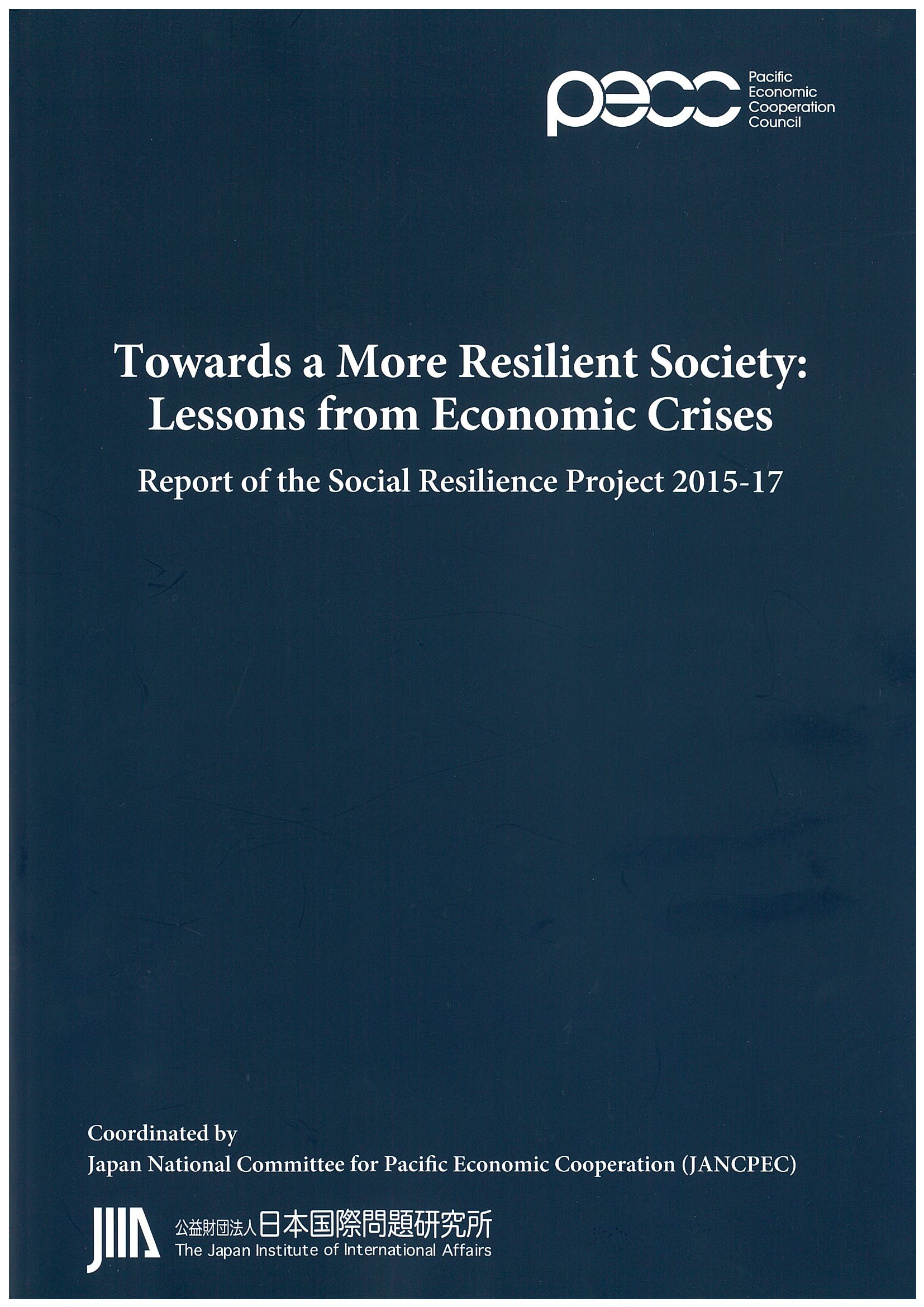 A series of regional and global financial crises highlighted the need to enhance the resilience of social infrastructure against sudden shocks, particularly for those categorized as vulnerable groups. More recently, a persistent and widening social divide that casts a shadow on the stability of national and global systems presents a serious challenge, and more social policies need to be developed to mitigate this gap.
A series of regional and global financial crises highlighted the need to enhance the resilience of social infrastructure against sudden shocks, particularly for those categorized as vulnerable groups. More recently, a persistent and widening social divide that casts a shadow on the stability of national and global systems presents a serious challenge, and more social policies need to be developed to mitigate this gap.
In response to these challenges within the Asia-Pacific regional context, the Japan National Committee for Pacific Economic Cooperation (JANCPEC) has been conducting the Social Resilience Research Project (SR Project) as a Pacific Economic Cooperation Council (PECC) International Project since 2010. The SR Project aims to shed light on the importance of social security and to closely examine its role in the domestic economy. In addition, the SR Project is the first ambitious attempt by the APEC/PECC family to discuss social policy dimensions, as APEC and PECC have traditionally focused on trade and investment liberalization issues.
The first and second SR Projects have a four-fold focus: pensions, health insurance, unemployment insurance, and macro-analysis. The first final report, entitled “Towards a More Resilient Society: Lessons from Economic Crises,” was published in October 2010, and the second final report was published in March 2012. Since 2012, we have attempted to conduct a case study of each Asia-Pacific economy. As the economic and social circumstances in each economy of this region are significantly different, a bottom-up approach is needed to identify the issues and challenges for the future development and reform of social security systems.
In this report, the SR Project 2015-2017 covers Singapore and Indonesia. The studies focus on specific issues in these economies, such as coverage for informal workers and the evolution of social security systems in an age of slow economic growth.
Report of the Social Resilience Project 2015-2017

